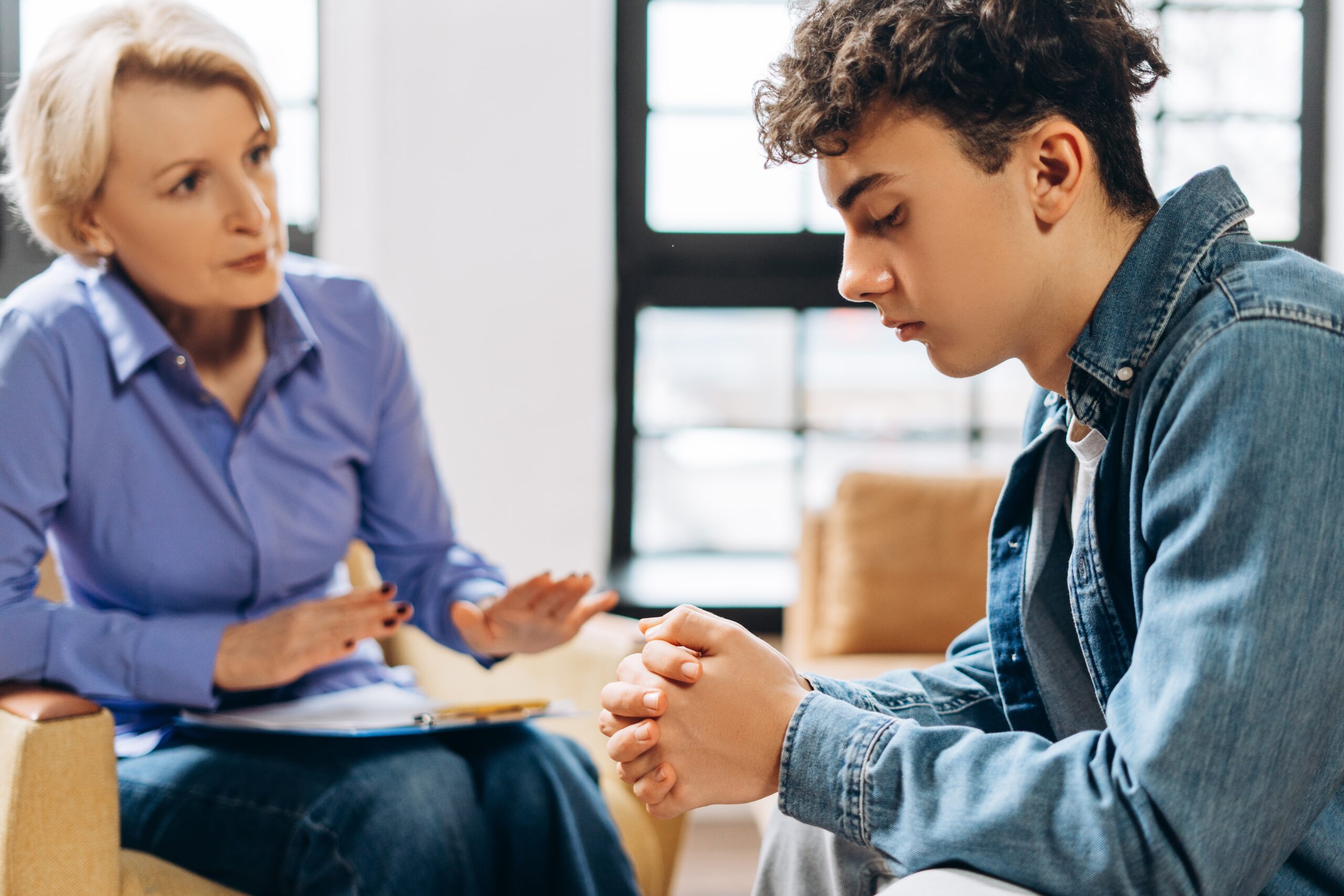Heal From the Pain of Abuse and Reclaim Your Life
Are You Struggling to Heal From the Pain of Abuse?

Experiencing abuse—whether physical, emotional, or sexual—can leave deep emotional wounds that affect every aspect of your life. Do you feel stuck in patterns of fear, shame, or self-blame? Are you overwhelmed by flashbacks, intrusive thoughts, or emotional numbness?
For children and teens, abuse can lead to behavioral changes, difficulty trusting others, or struggles in school. As an adult, you may carry feelings of guilt, unworthiness, or disconnection from yourself and those around you.
Therapy offers a safe, supportive space to process your experiences, understand their impact, and begin the journey toward healing and empowerment.
Common Effects of Abuse on Different Ages
Abuse can impact individuals in different ways depending on their age and stage of life.
- Children:
- Behavioral changes such as aggression, withdrawal, or regressive behaviors (e.g., bedwetting).
- Fear of certain people, places, or situations.
- Difficulty forming secure attachments or trusting caregivers.
- Teens:
- Self-harm, substance use, or risky behaviors.
- Struggles with self-esteem, identity, or peer relationships.
- Emotional outbursts, numbness, or withdrawal.
- Adults:
- Persistent anxiety, depression, or PTSD symptoms.
- Difficulty maintaining healthy relationships or setting boundaries.
- Chronic feelings of guilt, shame, or unworthiness.
Therapy provides tailored support to help individuals of all ages heal from the effects of abuse.
How Therapy Can Help You Heal From Abuse
Therapy for survivors of abuse focuses on creating a safe environment to explore your experiences, process emotions, and rebuild trust and self-worth.
In therapy, we help clients:
- Reclaim a sense of safety and control in their lives.
- Process traumatic memories in a supportive and non-judgmental space.
- Reduce symptoms of PTSD, anxiety, and depression.
- Build self-compassion and challenge feelings of guilt or shame.
- Develop healthy coping mechanisms and emotional regulation skills.
- Strengthen relationships and learn to set boundaries.

Take the First Step Toward Healing and Empowerment
You or your loved one don’t have to face the effects of abuse alone. With therapy, it’s possible to reclaim your sense of safety, rebuild your self-worth, and create a brighter future.

Our Approach to Supporting Survivors of Abuse
We specialize in trauma-informed care that empowers individuals to heal at their own pace. Our approach is compassionate, non-judgmental, and tailored to your unique needs and goals.
Techniques weUse in Therapy:
- Trauma-Focused Cognitive Behavioral Therapy (TF-CBT): Helps process and reframe the impact of abuse on your thoughts and behaviors.
- Internal Family Systems (IFS): Encourages healing by exploring and integrating the “parts” of yourself affected by trauma.
- Play Therapy (for Children): Provides younger clients with a safe, creative outlet to express and process their emotions.
- Somatic and Mindfulness Techniques: Supports grounding and reconnecting with your body after trauma.
- Child Parent Psychotherapy (CPP): Focuses on strengthening the parent-child relationship to provide safety and support for children who have experienced trauma.
- Integrative Attachment Family Therapy (IAFT): Addresses attachment-related trauma within the family system, fostering trust and emotional security.
Frequently Asked Questions
Therapy provides a safe space to explore and process your experiences while learning tools to manage symptoms like anxiety, flashbacks, and emotional distress. Together, we’ll work to rebuild your confidence and create healthier patterns for the future.
Yes, many survivors struggle with guilt or shame, even though the abuse was not their fault. Therapy helps you reframe these feelings and understand that responsibility lies with the abuser, not you.
That’s okay. Therapy is a gradual process, and we will move at a pace that feels comfortable and safe for you. Your readiness and emotional safety are my top priorities.
Absolutely. Therapy provides children with a safe, supportive space to process their experiences, build resilience, and learn skills to manage emotions and trust others.